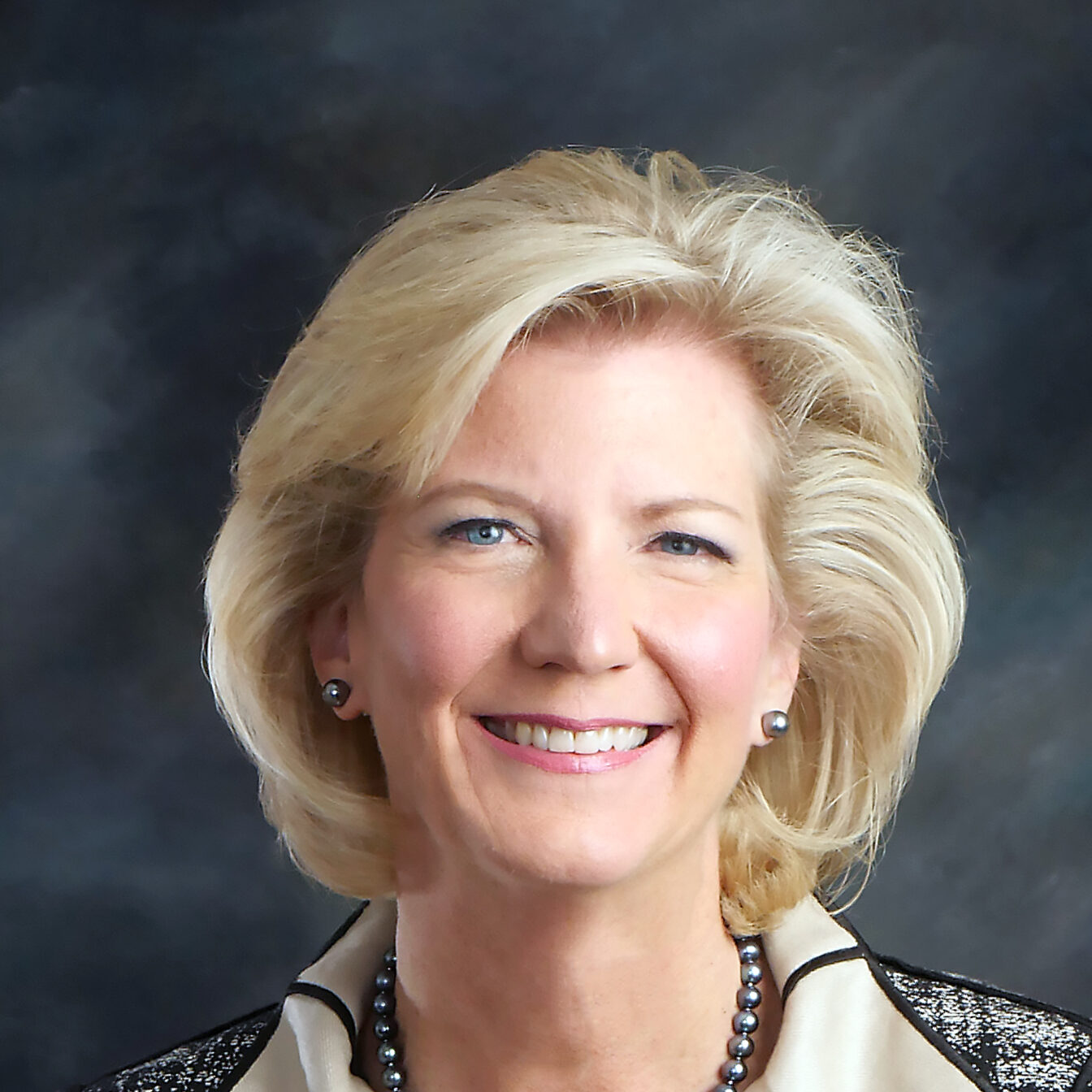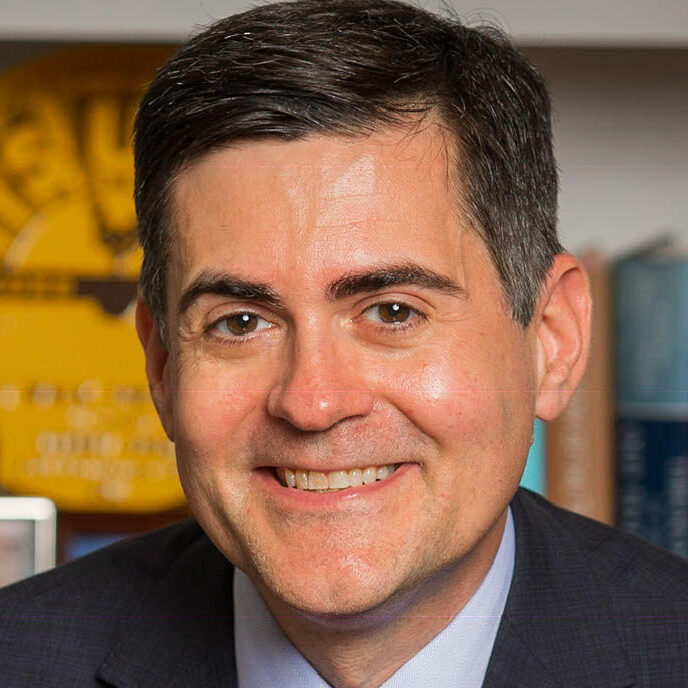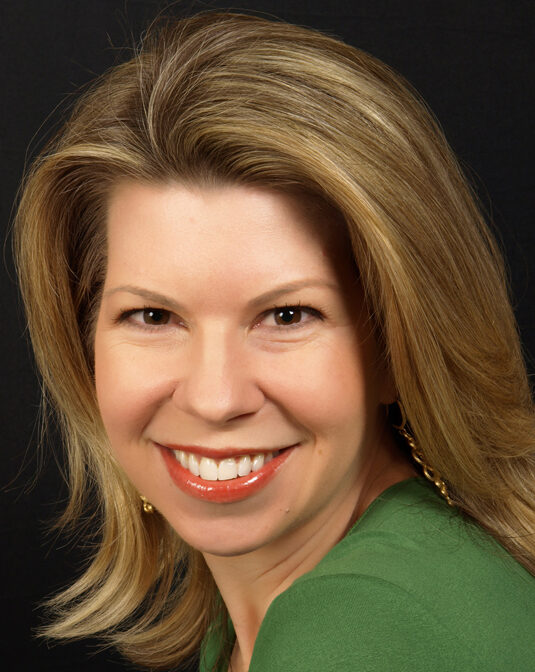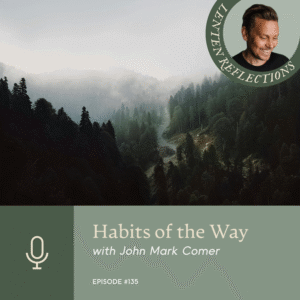Crisis-Ready Leadership
June 26, 2020
Overview
Speakers
-
 SHIRLEY HOOGSTRA
SHIRLEY HOOGSTRA -
 RUSSELL MOORE
RUSSELL MOORE -
 JUSTIN GIBONEY
JUSTIN GIBONEY -
 WALTER KIM
WALTER KIM -
 CHERIE HARDER
CHERIE HARDER
SHARE

